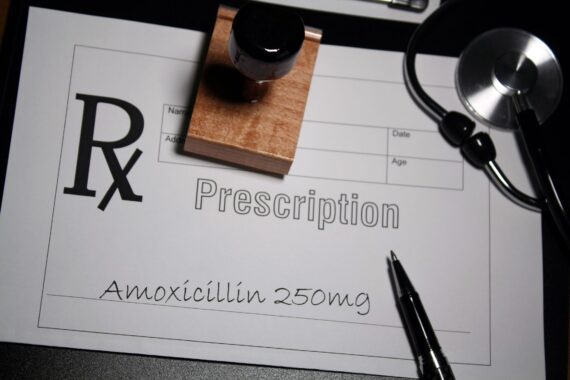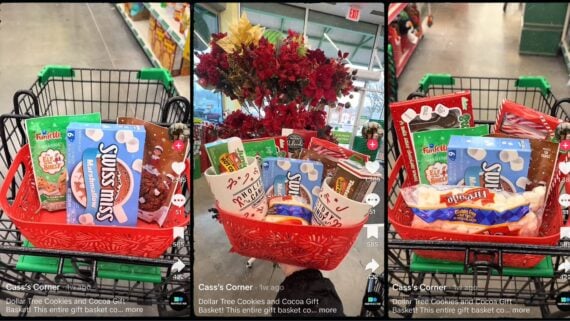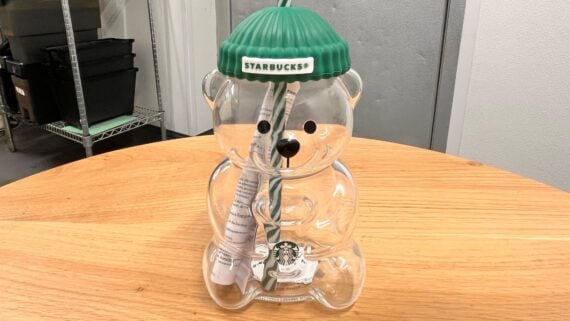You may have heard about the surge in RSV cases affecting children across the U.S. and filling pediatric hospital beds. Now, making the landscape of health care for children even more precarious is a shortage of one of the most commonly prescribed antibiotics: amoxicillin. Pharmacies throughout the U.S. have reported shortages and concern about maintaining ample supplies heading into the winter months is mounting.
BREAKING: #BNNUS Reports.The U.S. Food & Drug Administration (FDA) has issued an amoxicillin shortage notice.Amoxicillin is one of the most commonly used antibiotics in the country; it is prescribed to treat bacterial infections, including pneumonia & bronchitis. #health #US pic.twitter.com/RqxxCfczIZ
— Gurbaksh Singh Chahal (@gchahal) November 3, 2022
Prescribed to treat illnesses including strep throat, ear infections, pneumonia, bronchitis, and myriad other bacterial infections, amoxicillin has even been limited by suppliers to some pharmacies. Three main manufacturers of the antibiotic — Teva Pharmaceutical Industries Ltd., based in Israel; London-based Hikma Pharmaceuticals; and Sandoz, headquartered in Switzerland — have reported shortages but not the reasons for them, according to the American Society of Health-System Pharmacists, which maintains a drug shortage database. A fourth supplier, Aurobindo, based in India, “refuses to provide availability information,” according to the advocacy organization’s website.
Amoxicillin is prescribed to treat bacterial infections, so it’s not used as a treatment for RSV, COVID-19, or seasonal flu infections, making the cause behind the dwindling supply unclear. And, as with most issues with an unidentified cause, how long the shortage will last is difficult to predict.
Gallery: Toilet Paper, Hot Sauce, and Other Pandemic-Era Shortages
Affected products include capsules, chewable tablets, and amoxicillin powder, which is used to create a liquid dose for children. The Food and Drug Administration hasn’t issued an official shortage announcement, and the shortage isn’t widespread, according to CVS, the nation’s largest drugstore chain. “A few stores have seen isolated supplier product shortages of certain doses of the medication,” CVS Health spokesperson Matt Blanchette told NBC News. “We’re working with manufacturers to replenish supply as quickly as possible.”




